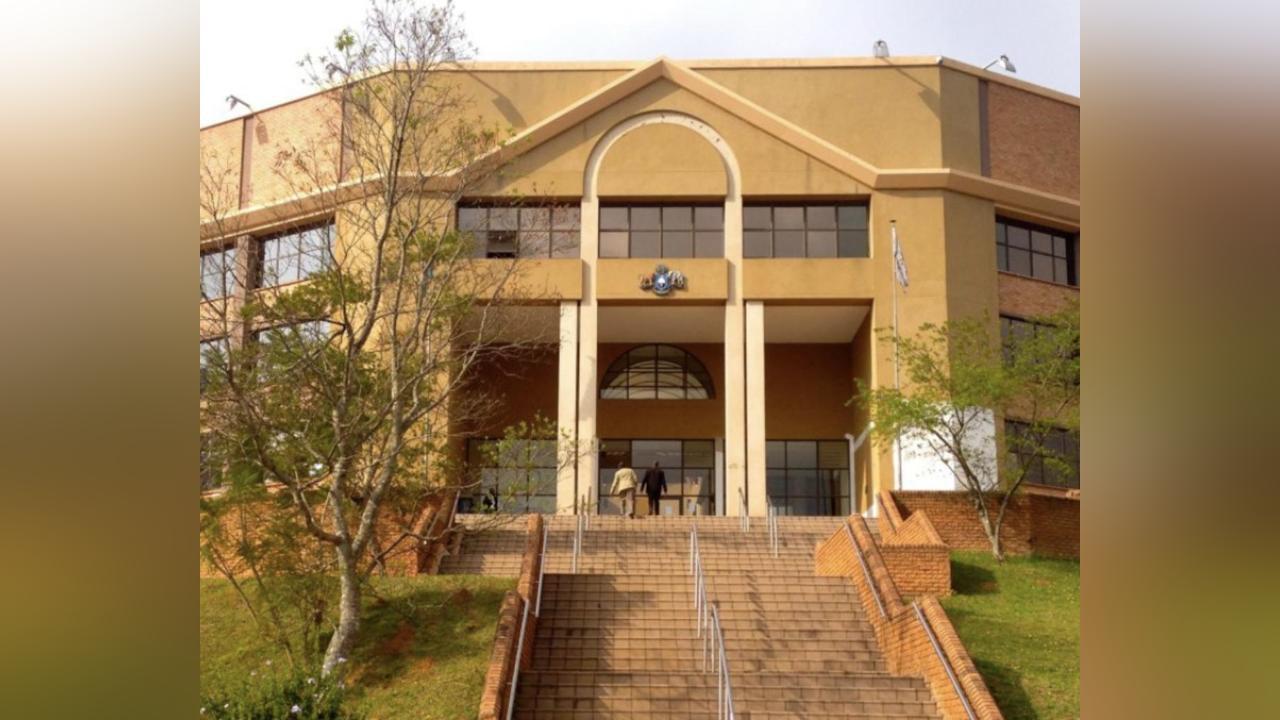Africa-Press – Eswatini. Murder accused Sipho Shongwe’s appearance at the High Court for the charge of allegedly killing Victor Gamedze would be a thing of the past as his trial came to an end yesterday.
Yesterday High Court Judge Nkosinathi Maseko reserved judgment in one of the high profile cases in the country.
The trial lasted for three years since Gamedze was shot with two bullets in the head on January 14, 2018 at Ezulwini Galp Filling Station.
According to the court papers, Shongwe was charged with murder with furtherance of a common purpose with Sandile ‘Dzodzo’ Zikalala, Mbuso ‘Ncaza’ Nkosi and Simphiwe ‘Tata’ Ngubane.
In his closing submissions, Shongwe through his legal team led by Lawrence Hodes, who was instructed by Howe Masuku Attorneys, said the charge was not sticking.
Hodes, made his closing submissions, stating that at pretrial on May 14, 2018, the prosecution claimed to have made disclosure of statements relating to the matter and said they were calling all witnesses, whose statements had been provided but refused to bind themselves to a specific number in this regard.
Hodes said the accused pleaded not guilty to the charge, leaving it for the prosecution to prove beyond reasonable doubt.
He said there was evidence in the form of video footage of the murder at Ezulwini Galp, Ezulwini Spar CCTV and at Ngwenya Border Gate, which showed Zikalala and Nkosi and the roles that they played, stating that the charge should have been pinned on them instead of making them accomplice witnesses.
“The accused was not captured on the closed circuit video of the murder or any other video footage. He is only implicated in the murder by Mbuso (Nkosi) and Simphiwe (Ngubane) and there was a concerted effort to prove his involvement in the murder, using telephone records and an alleged dispute between accused and the deceased,” Hodes submitted.
inexcusable
Hodes said Shongwe did not get a fair trial because the crown lacked objectivity of facts to sustain or corroborate the version of witnesses.
“The crown’s failure to disclose the entire contents of the docket timeously to enable the accused to prepare for the trial that he was required to meet is inexcusable and did not result in a fair trial,” he said.
Hodes said the state witnesses ought not to have been given indemnity for the murder charge.
“The accused ought to be acquitted,” Hodes submitted, adding that the thought that the state witnesses were impressive in giving evidence was disputed.
The dispute, he said, included that there were many times whereby the witnesses were warned to answer the questions and not evade them.
“The cross examination exposed their lies, evasiveness and the absence of objective facts to corroborate their versions,” Hodes said.
contradicted
Hodes went to town about why the evidence of the accomplice witnesses ought to be overlooked.
He said the two state witnesses contradicted themselves about how much money they were paid for the hit on Gamedze.
He said the two were experienced criminals, which he said with the crown’s contention that they could travel from South Africa to Eswatini to commit either a robbery or a murder without the prior discussion of how much they would get paid for their service stretches credulity (gullibility). Hodes said there was no evidence that Gamedze went around carrying loads of money in the boot of his motor vehicle.
Hodes added that less reliance, if any, could be placed upon their dock identification of the accused because they had never previously identified him.
He said in the crown’s version, there was deceit from the onset in that Nkosi was misled into believing that a robbery was to take place as opposed to the murder of Gamedze.
“This is fundamental to their credibility and the acceptance or rejection of their versions and permeates the entire trial.
Their testimony ought not to be accepted by this honourable court, more especially because they were called to testify as section 234 witnesses, their statements had been held back and were not provided to the defence at the pre-trial hearing. Consequently, they did not qualify for the indemnity envisaged in section 234,” he said.
For More News And Analysis About Eswatini Follow Africa-Press







